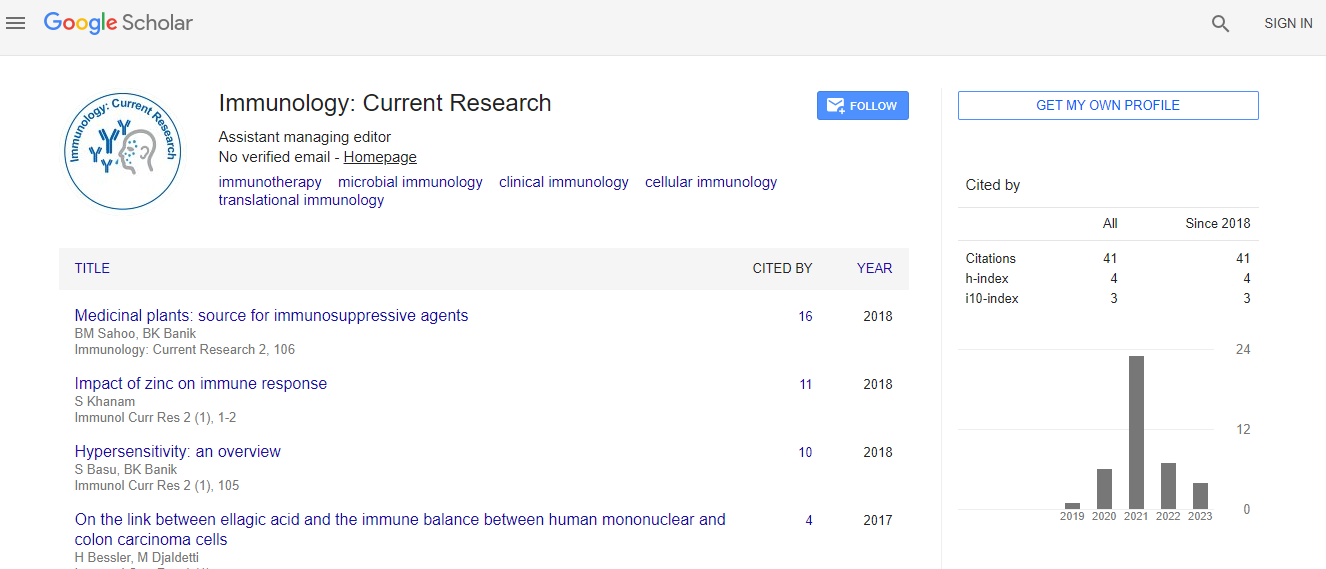Feasibility of Controlling COVID-19 Outbreaks by Isolation of Cases and Contacts
*Corresponding Author:
Copyright: © 2020 . This is an open-access article distributed under the terms of the Creative Commons Attribution License, which permits unrestricted use, distribution, and reproduction in any medium, provided the original author and source are credited.
Abstract
In view of the current information on the malady and its transmission, WHO prescribes that all patients with suspected COVID-19 contamination who have extreme intense respiratory contamination be triaged at the primary point of contact with the healthcare framework which crisis treatment ought to be begun based on illness seriousness. For those displaying with gentle illness, hospitalization may not be required unless there’s concern approximately quick disintegration. On the off chance that there’s as it been gentle sickness, giving care at domestic may be considered. Other patients who may be cared for at domestic incorporate those who are symptomatic but now not require hospitalization and cases in which an educated choice has been made to deny hospitalization; domestic care may moreover be considered when inpatient care is inaccessible or hazardous (e.g., capacity is restricted, and assets are incapable to meet the request for healthcare services) In any of these circumstances, patients with mellow side effects and without fundamental constant conditions as lung or heart illness, renal disappointment or immune compromising conditions that put the understanding at expanded hazard of creating complications − may be cared for at domestic. This choice requires cautious clinical judgment and ought to be educated by an appraisal of the security of the patient’s domestic environment.

 Spanish
Spanish  Chinese
Chinese  Russian
Russian  German
German  French
French  Japanese
Japanese  Portuguese
Portuguese  Hindi
Hindi 
